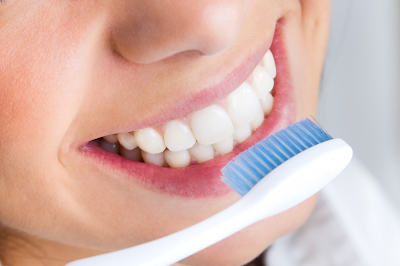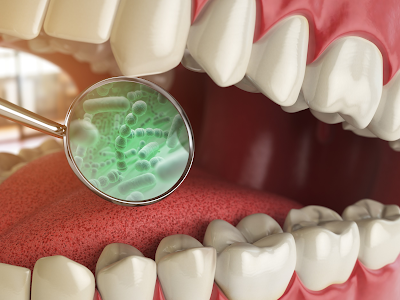How Does Bruxism Affect Your All-On-4 Dental Treatment?

Bruxism is the term for teeth grinding during sleep or other times of rest. This grinding can damage enamel and teeth, leading to loss of support and causing gum recession and jaw joint pain. Understanding what you can do as a patient when experiencing severe bruxism is essential because it can affect your dental treatment. Bruxism: The Dental Condition Bruxism is a condition characterised by the repetitive use of the teeth, which can damage the teeth and jaw. Bruxism is a common dental condition that affects millions of people worldwide. It is believed to be caused by multiple factors, including stress, anxiety, lack of sleep, and a jaw that is too tight or too lax. Bruxism can cause severe damage to your teeth and jaw. It can cause tooth wear, loss of tooth function, and jawbone destruction. In addition, it can create psychological problems such as stress and anxiety. If left untreated, bruxism can lead to serious dental complications and tooth loss. How Does Bruxism Affect Your Al



